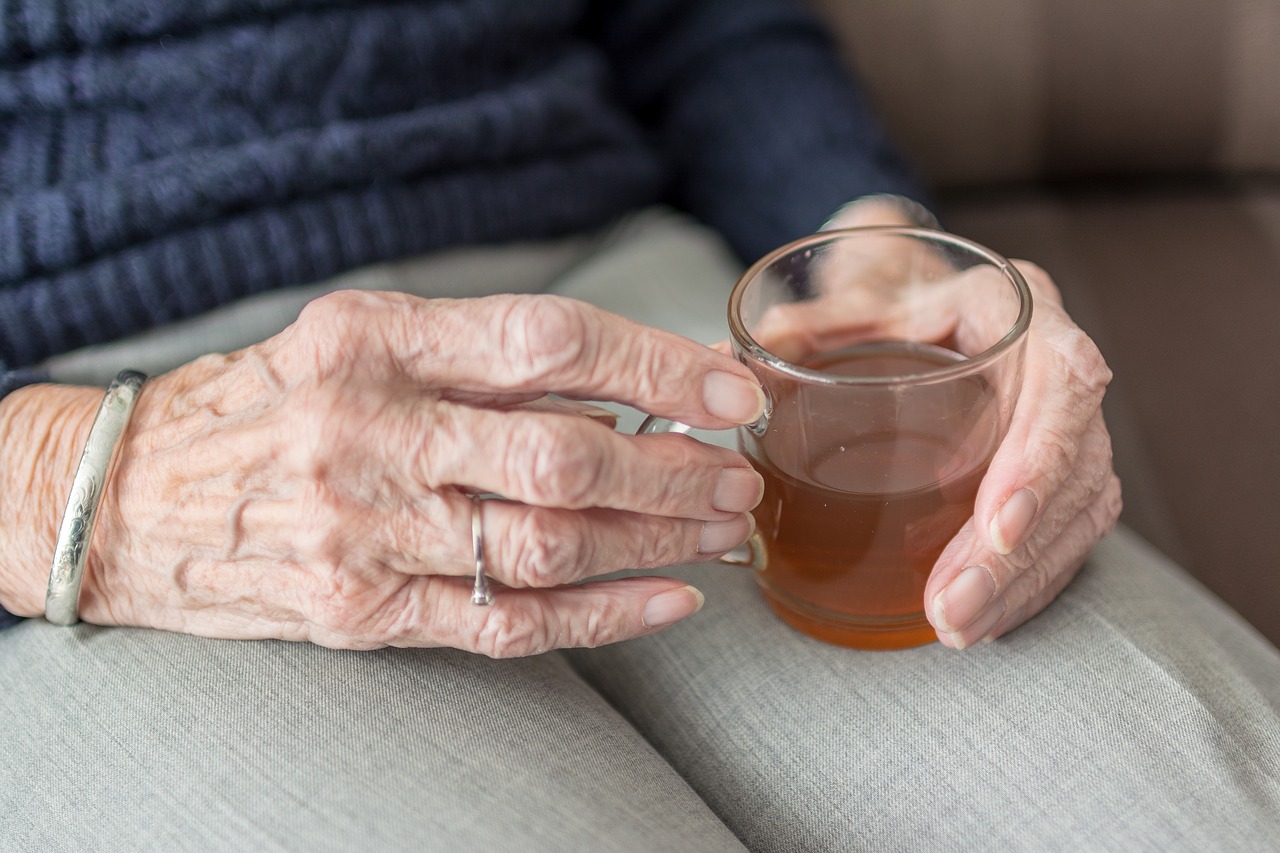University of Reading research has transformed the care of elderly cancer patients, shaping international guidelines, government policy and the medical curriculum.
Caring for older cancer patients has unique challenges – for example it is difficult to distinguish cancer symptoms from those linked with ageing, and a patient’s frailty can limit the treatment options available to them. As a result, the over-70s have poorer outcomes than other age groups – even though more than half of new cancer cases occur in the over-65s.
Reading’s Professor Margot Gosney was the first geriatrician in the UK to be trained in both geriatric medicine and oncology and she has helped define the role of geriatricians in the assessment, treatment and care of older cancer patients in the UK. She has built an evidence base which informs new thinking about elderly patients’ care. Her publications have discussed comprehensive ways to assess older patients with cancer, weigh up treatment options and manage any special age-related considerations.
She has served on two International Society of Geriatric Oncology taskforces which have fed into guidelines for the treatment of colorectal and breast cancers in elderly people, and her contributions have added to a body of evidence that changes in practice can lead to better outcomes for older cancer patients.
In October 2012, the Equality Act of 2010 made it a legal requirement that cancer services meet the needs of older people. As part of a Department of Health drive to improve cancer survival rates in England, Gosney led the Reading Macmillan pilot site to embed geriatrician input into cancer care for the elderly. Now, over 20 NHS Trusts in the UK have Geriatric Oncology teams secondary to the service that she designed and set up.
Find out more
Read our research highlight about Professor Gosney’s work.

